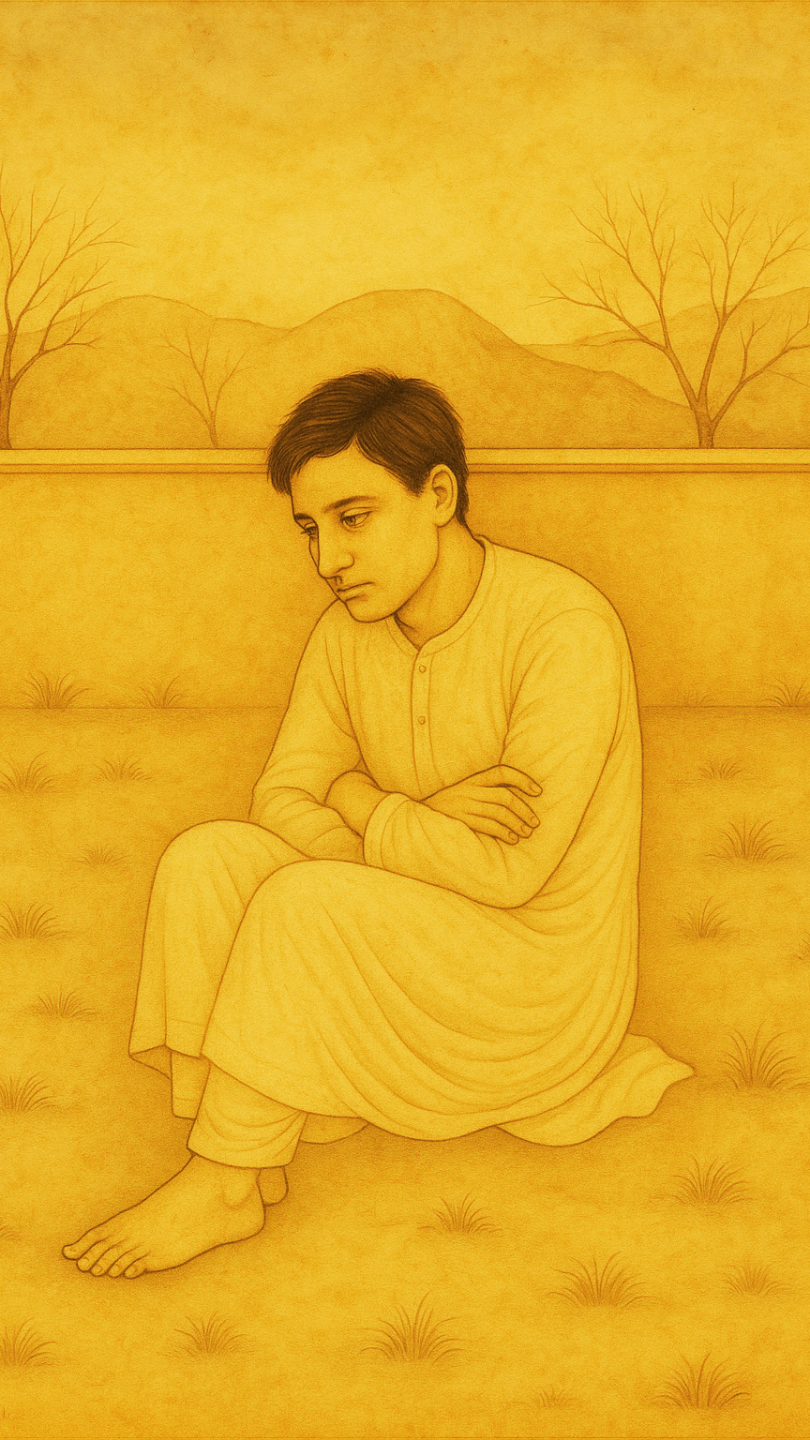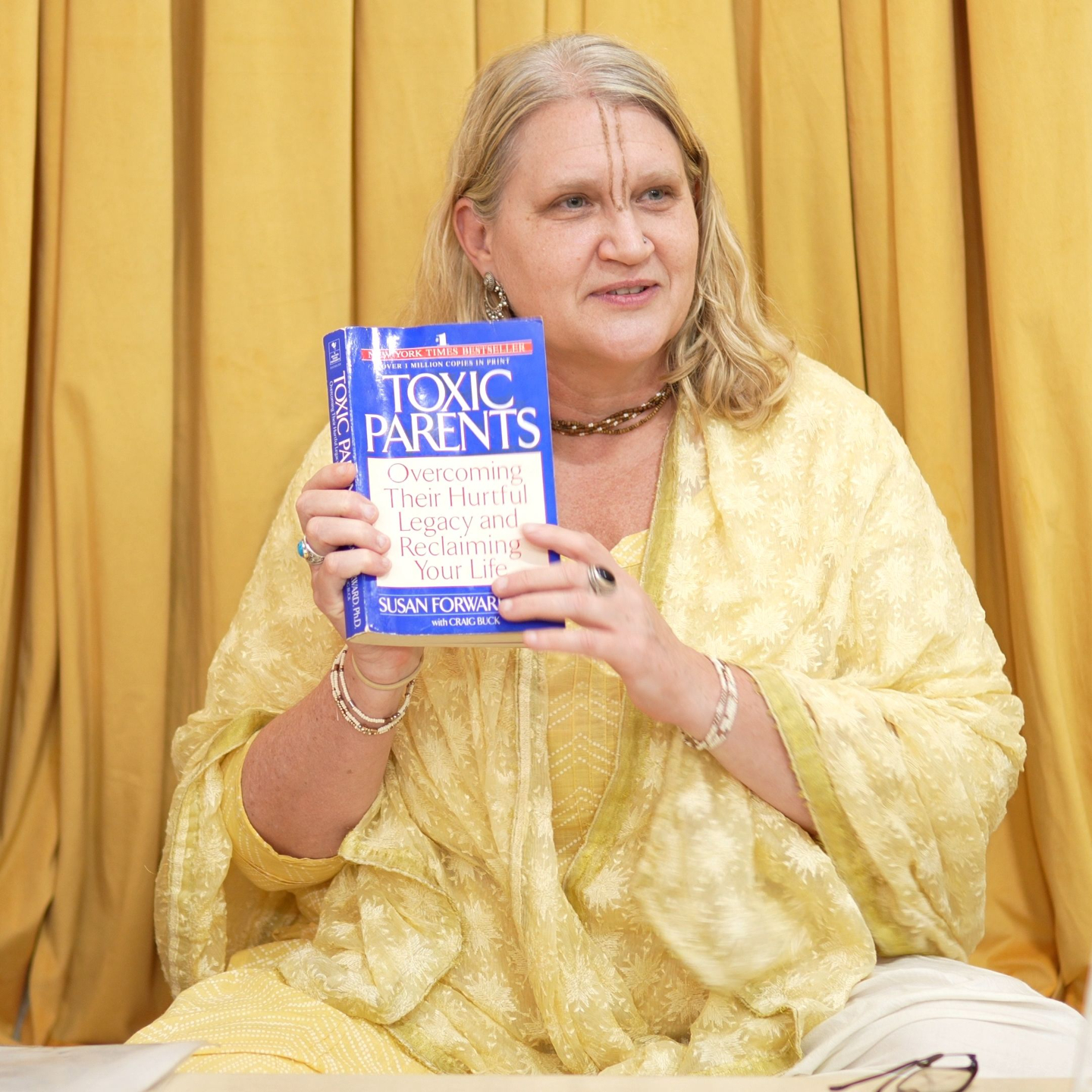
ĀLASA आलस
Neglectful Parenting Style
Neglectful parents are emotionally distant and largely unavailable. They offer neither warmth nor structure, often appearing distracted, overwhelmed, or entirely disengaged. These parents provide minimal guidance, attention, or support, and may fail to meet even basic emotional or physical needs. Their parenting is characterized by absence—whether physical, mental, or emotional—and a pervasive indifference to their child's experiences and development.
DISTANT AND DISINTERESTED
In Sanskrit, Ālāsa (आलस) means "indifferent," "apathetic," or "unconcerned." In the context of parenting, it describes parents who remain emotionally detached and uninvolved, leaving their children unseen and uncared for. Ālāsa symbolically represents the Neglectful Parent archetype—a figure who is physically present but emotionally absent, disengaged from the child's needs due to emotional overwhelm, wounds, or egoic disconnection
SHUNYA - Disorganized
The Result of Neglectful Parenting Style

In Sanskrit, Shūnya (शून्य) means empty, void, or lacking presence. Here it refers to the emotional and relational void experienced by those who grew up unseen by their neglectful mother. Having been raised without love, guidance, or affirmation from their emotionally absent Ālāsa parent, Shūnya types develop a fearful-avoidant attachment style. Their ego forms fragile and undefined—resulting in adults with a hollow sense of self.
How Were You Parented?
Take the Parenting Style quiz to uncover the dominant style of your parent. Trace the roots from your childhood upbringing to the patterns you carry into adulthood.
Take the Quiz

DEEPEN YOUR STUDIES
Click on the title to learn more
- Toxic Parents Book Club
- The Toxic Father e-course
- My Mother, Myself e-course
- Love & Attachment Styles e-course

